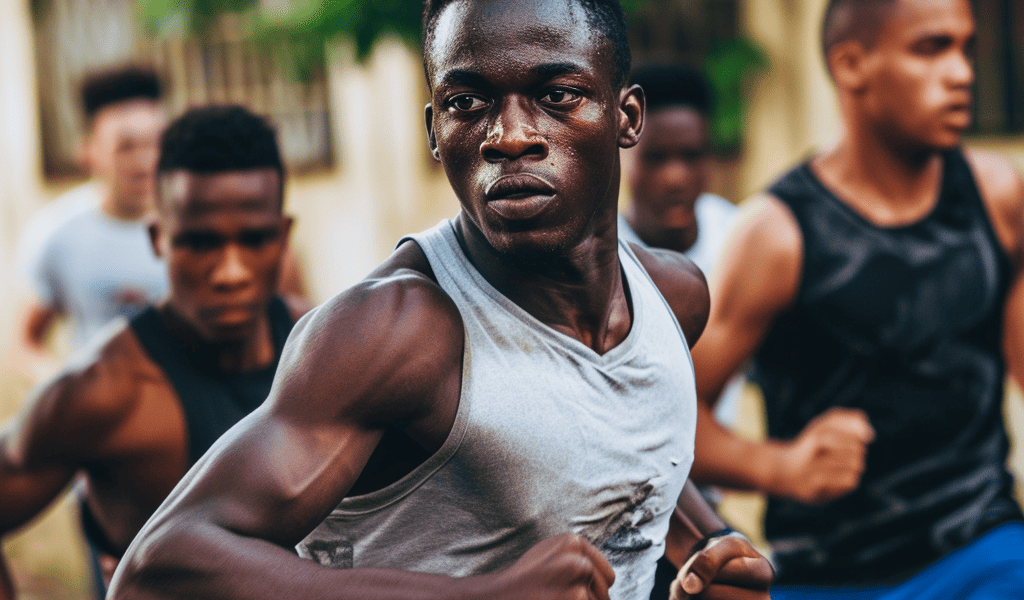Exercise Boosts Learning and Motor Memory
Physical activity has been found to enhance the ability to learn and remember motor skills, according to a recent study. The research, which involved 67 young men, explored the impact of exercise before and after motor skill learning on memory retention.
The study revealed that exercising both before and after learning optimizes memory formation, resulting in a significant 10% improvement in remembering motor skills. This finding has implications for various fields, from rehabilitation to skill training, highlighting the potential of incorporating physical activity to enhance learning effectiveness.
Key Findings
- Exercising before and after learning motor skills leads to better memory retention.
- There was a demonstrated around a 10% improvement in motor memory when exercise was included.
- The research is applicable to various areas, including rehabilitation and professional skill training.
Before embarking on a new musical piece or surgical procedure, individuals may want to consider engaging in physical activity. The study suggests that both before and after practicing a new skill, exercising can significantly improve the brain’s ability to remember.
The researchers from the Department of Nutrition, Exercise and Sports found that this effect also extends to the formation of motor memory, enabling individuals to recall and perform tasks such as riding a bike, driving a car, and tying shoelaces almost automatically.
According to PhD Lasse Jespersen, the first author of the study, ‘Our results demonstrate that there is a clear effect across the board. If you exercise before learning a skill, you will improve and remember what you have learned better. The same applies if you exercise after learning. But our research shows that the greatest effect is achieved if you exercise both before and after.’
The researchers observed a roughly 10% improvement in people’s ability to remember learned motor skills when exercise was included either before or after learning. This effect can be further enhanced by exercising at both times.
Jesper Lundbye-Jensen, the co-author of the study, explained, ‘Things can’t go wrong if a bit of physical exercise is incorporated. A person will experience beneficial effects. This is probably because physical activity increases the brain’s ability to change, which is a prerequisite for remembering.’
The study suggests that the positive effect of exercise on memory retention applies to individuals of all ages, including children, adolescents, and older adults.





